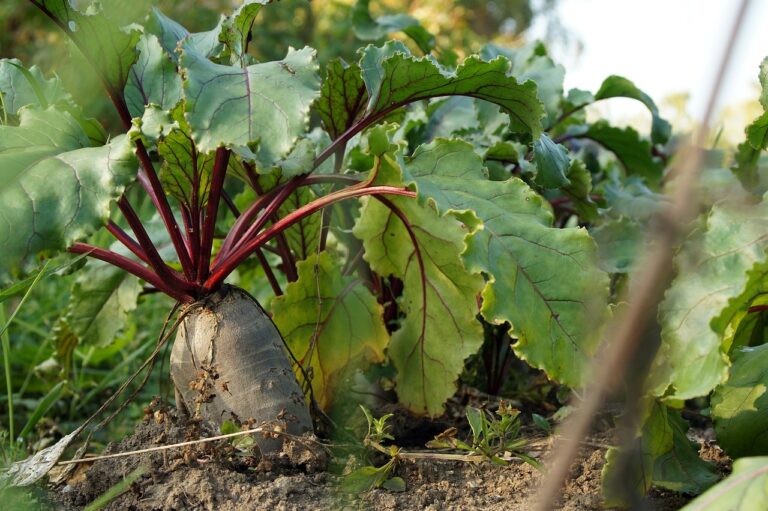The Cultural Significance of Chocolate in Different Societies
cricbet99, sky99exch, reddy club book:Chocolate is much more than just a sweet treat – it holds a special cultural significance in various societies around the world. From ancient civilizations to modern-day celebrations, chocolate has played a role in rituals, traditions, and social interactions. Let’s explore the rich history and cultural importance of chocolate in different societies.
The Origins of Chocolate
Chocolate has a long and fascinating history that dates back thousands of years. The cacao tree, from which chocolate is derived, is native to Central and South America. Ancient civilizations such as the Mayans and Aztecs were among the first to cultivate and consume chocolate.
In these Mesoamerican societies, chocolate was considered a sacred and valuable food. It was used in religious ceremonies, as a form of currency, and even as a beverage enjoyed by royalty. The Mayans and Aztecs believed that chocolate had divine properties and was linked to fertility, vitality, and spiritual enlightenment.
European Influence on Chocolate
When European explorers, such as Christopher Columbus, encountered chocolate in the Americas, they brought it back to Europe. The Spanish conquistadors were particularly instrumental in introducing chocolate to the courts of Europe, where it quickly became a luxury commodity enjoyed by the elite.
In Europe, chocolate was transformed from a bitter, spicy drink into the sweet confection that we are familiar with today. The addition of sugar, milk, and other ingredients turned chocolate into a popular treat that was consumed in various forms – from bars and bonbons to hot cocoa drinks.
Chocolate in European Culture
In European culture, chocolate became associated with indulgence, luxury, and romance. It was often given as a gift between lovers or enjoyed during special occasions such as weddings and holidays. Chocolate also became a symbol of wealth and status, with elaborate chocolate creations becoming a staple at royal banquets and celebrations.
In countries such as Belgium, Switzerland, and France, chocolate-making became an art form. Chocolatiers crafted exquisite chocolates using traditional techniques and high-quality ingredients, creating a rich culinary heritage that is still celebrated today.
Chocolate in Asian Cultures
In Asian cultures, chocolate has a different significance compared to the West. In countries like Japan and South Korea, chocolate is often given as a gift on Valentine’s Day, but with a twist – women give chocolates to men as a gesture of affection. This tradition has evolved into different categories of chocolate gifts, such as “obligatory chocolates” for male co-workers and “homemade chocolates” for romantic partners.
In China, chocolate consumption has been on the rise in recent years due to changing tastes and increased exposure to Western influences. Chocolate is now enjoyed in various forms, from traditional sweets to trendy desserts and beverages.
Chocolate in African Cultures
In Africa, chocolate holds a different cultural significance due to the continent’s historical ties to the cacao industry. West African countries such as Ivory Coast and Ghana are major producers of cacao, yet chocolate consumption within the region is relatively low. This has led to initiatives to promote local chocolate production and consumption as a way to support economic development and sustainability.
In countries such as Ghana, chocolate-making has become a means of preserving cultural heritage and promoting tourism. Artisanal chocolate makers are using locally sourced ingredients and traditional techniques to create unique chocolates that reflect the rich diversity of African flavors.
The Global Impact of Chocolate
Today, chocolate is enjoyed around the world as a beloved treat that transcends cultural boundaries. It has become a symbol of comfort, joy, and celebration, with people from all walks of life indulging in its sweet pleasures.
However, the global chocolate industry faces challenges related to sustainability, ethical sourcing, and fair trade practices. Issues such as child labor, deforestation, and climate change have brought attention to the need for a more responsible approach to chocolate production and consumption.
As consumers become more aware of these issues, there is a growing demand for ethically sourced and environmentally friendly chocolate products. Companies are responding by adopting certification programs, supporting sustainable farming practices, and investing in community development initiatives to ensure a more sustainable future for chocolate production.
FAQs
Q: Is chocolate really good for you?
A: While chocolate in moderation can have health benefits due to its antioxidant properties, it is important to choose dark chocolate with a high cacao content and less sugar to reap the most health benefits.
Q: What is the significance of chocolate in religious rituals?
A: Chocolate has been used in various religious ceremonies and rituals around the world as a symbol of fertility, abundance, and spiritual enlightenment. In some cultures, chocolate is considered a sacred food that connects people to the divine.
Q: How can I support ethical chocolate production?
A: You can support ethical chocolate production by choosing products that are certified as fair trade, organic, or sustainably sourced. By being informed consumers, you can help promote social and environmental responsibility in the chocolate industry.
In conclusion, chocolate’s cultural significance varies across different societies, reflecting the diverse ways in which people have come to cherish and appreciate this beloved treat. Whether enjoyed as a symbol of love, a mark of status, or a means of preserving cultural heritage, chocolate continues to hold a special place in the hearts of people around the world.







